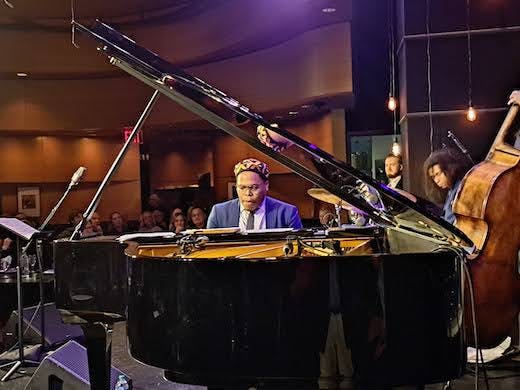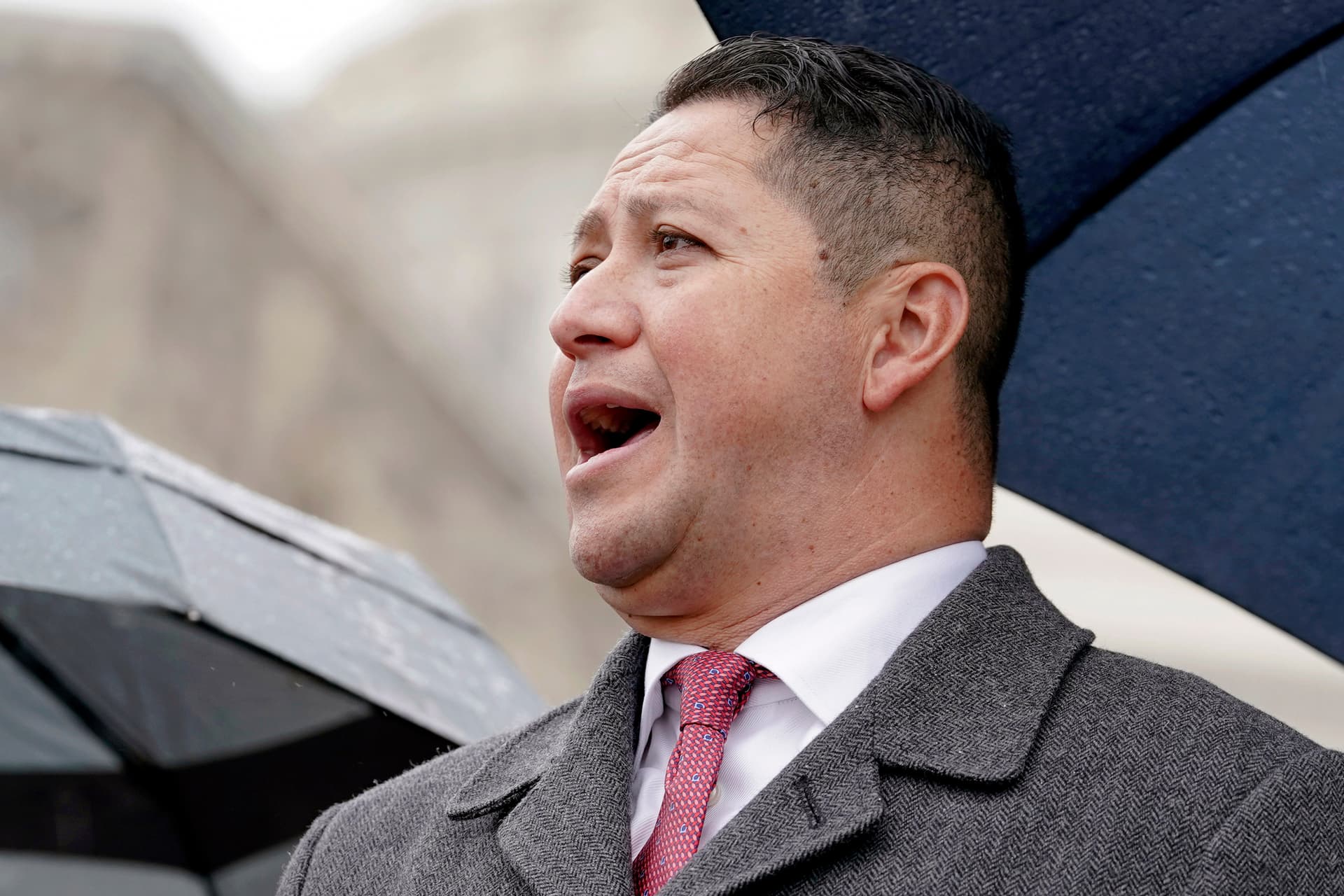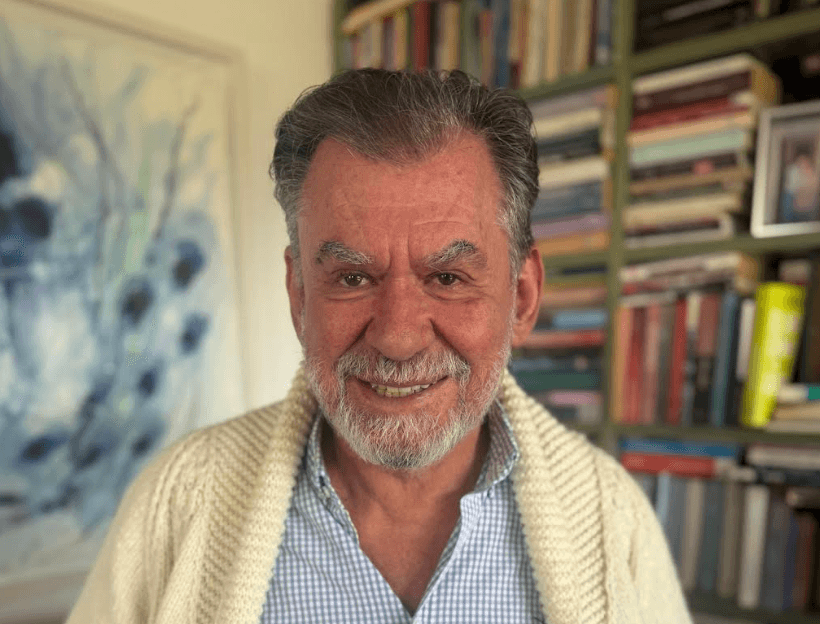
Netanyahu Envisions New Mideast Alliances
By BENNY AVNI
|The title song illustrates how Isaiah J. Thompson’s music perfectly combines the three major ingredients of jazz, philosophical and musical: the church, the dance hall, and the academy.

Already have a subscription? Sign in to continue reading

By BENNY AVNI
|
By MATTHEW RICE
|
$0.01/day for 60 days
Cancel anytime
By continuing you agree to our Privacy Policy and Terms of Service.
By HOLLIE McKAY